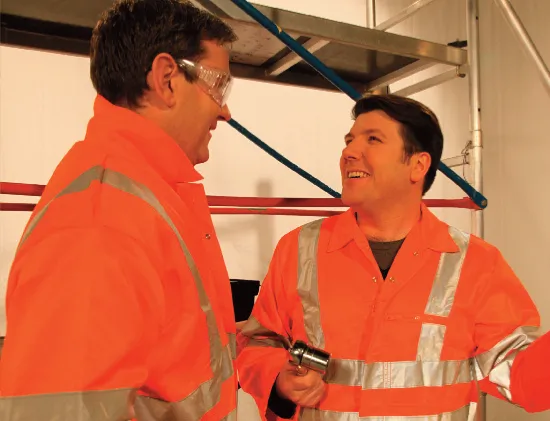
Like a lot of people, I’m guilty of asking for help sometimes when, if I really thought for a minute or two, I could work out the solution to my problem for myself. When and how we ask for help makes a difference to our working relationships and how much help we get. And that’s why the video ‘What To Say When You Need Someone To Help You’ is so valuable.
We live in an age where answers are available immediately online - we can even ask a computer to just ‘tell’ us the answer to a question. So, it’s tempting to simply ask a colleague for help the instant you need to know something. And we can be quite impatient about wanting an answer ‘now’! But a constant stream of questions about things that we can readily work out for ourselves can be irritating (to put it mildly).
Knowing when and how to ask for help is the key to mutually supportive working relationships and to getting exactly the help you need, when you need it. The ‘What To Say When You Need Someone To Help You’ video illustrates these key points:
Respect the other person’s time and expertise
The person you’re asking for help isn’t sitting around doing nothing except waiting to respond to your cries for help. So, choose your time carefully and respect that they are busy too. Don’t interrupt if the person you want to ask is deeply buried in work of their own, and when you do interrupt, always ask if this is a convenient time to ask. Show that you value their help.
Recognise their contribution to your work
If you’re asking for someone else’s help, you must think they know something you don’t. Acknowledge their expertise and show appreciation for their willingness to help you. Recognise the other person’s skills and knowledge, and thank them for making your day that little bit easier. A little recognition goes a long way. And it’s the courteous thing to do.
Reciprocate
Help is a two-way street. Being generous with your own support for others means others will be willing to help you. Sharing our knowledge and skills leads to more productive teamwork.
The next time you want to say, ‘Excuse me, can you help me with something?’ think about what you’ve seen in this video. You can watch it here, now:
https://video.scottbradbury.co.uk/catherine5:bfcf78/watch/34/
Effective people get help from their colleagues. And they know how to ask for it.